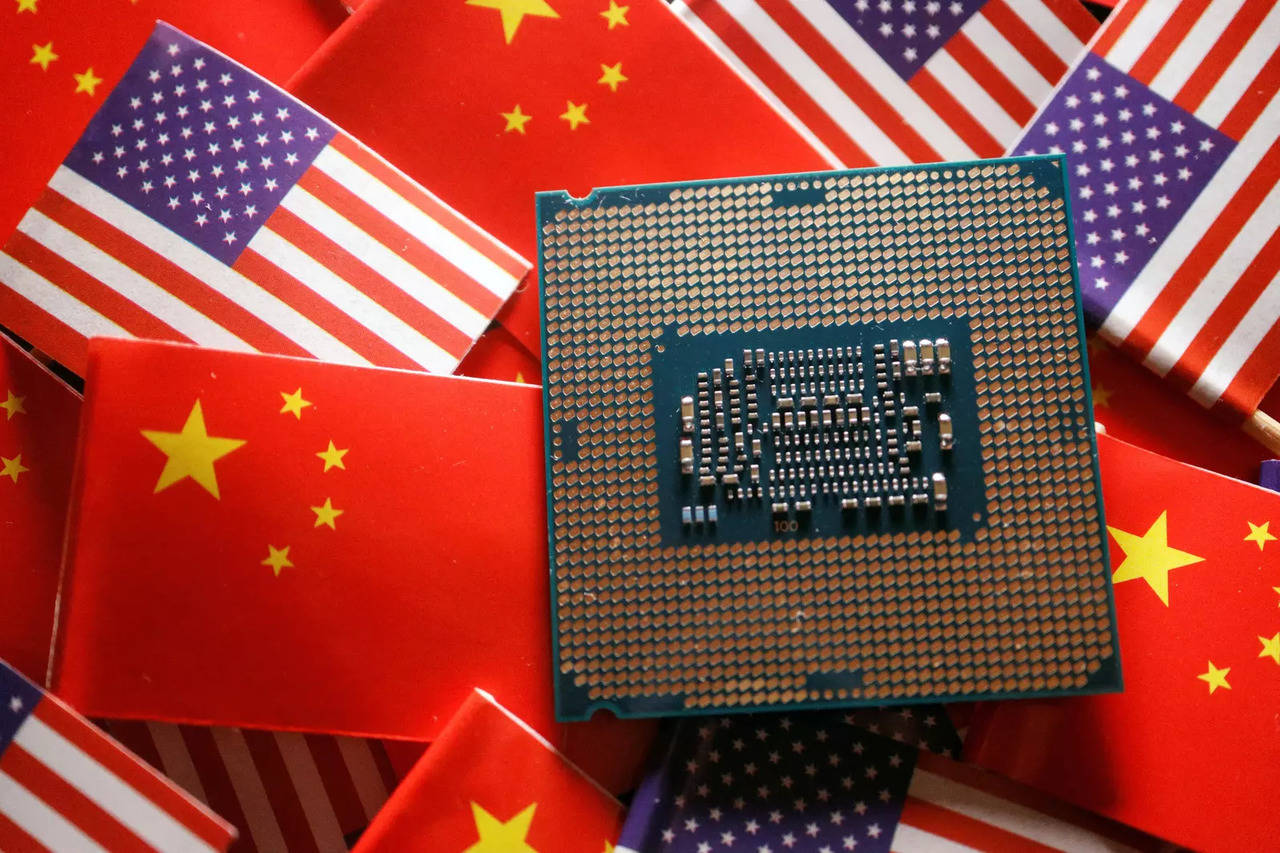
Japan announced on Friday that it will ban exports of 23 different types of semiconductor manufacturing equipment, aligning its technology trade rules with a US attempt to limit China’s ability to produce advanced chips.
Japan, home to key worldwide chip equipment producers such as Nikon Corp (7731.T) and Tokyo Electron Inc (8035.T), did not name China as a target for the measures, instead stating that equipment manufacturers would need to seek export approval for all locations.
“We are fulfilling our responsibility as a technological nation to contribute to international peace and stability,” Minister for Economy, Trade and Industry Yasutoshi Nishimura told a news conference.
Japan aims to stop advanced technology from being used for military reasons, but the measures are not targeted at any single country, he said.
Yet, Japan’s decision is viewed as a huge diplomatic victory for US President Joe Biden’s administration, which announced in October broad restrictions on China’s access to American chipmaking technology in order to slow its scientific and military gains.
The US policies would be ineffectual without the assistance of industry heavyweights Japan and the Netherlands, and its companies would be at a competitive disadvantage.
Japan and the Netherlands agreed in January to join the United States in blocking equipment exports to China that may be used to build sub-14 nanometre chips but did not publicly declare the agreement to avoid aggravating China, according to sources.
Japan has never publicly recognized any agreement.
A nanometre, or one billionth of a meter, is a semiconductor industry technology, with fewer nanometres often indicating a more sophisticated chip.
In the Netherlands, the government announced plans to limit chipmaking equipment exports in a letter to parliament this month. ASML Holding NV (ASML.AS) of the Netherlands dominates the market for lithography systems, which are used to construct the minute circuitry of chips.
China, which has accused the United States of being a “tech hegemony” due to its export restrictions, advised the Netherlands “not to follow export control measures by certain countries”.
Only a minor impact?
Japan announced export limitations on six categories of chip manufacturing equipment, including cleaning, deposition, lithography, and etching.
The limitations, which go into effect in July, are expected to affect at least a dozen Japanese companies, including Nikon, Tokyo Electron, Screen Holdings Co Ltd (7735.T), and Advantest Corp. (6857.T).
Given the lack of a robust local chip market, Takamoto Suzuki, head of economic research for Marubeni in China, believes the measures will be a blow to Japanese equipment makers.
“It will undermine the market development of Japanese companies and certainly reduce their competitiveness from a regulatory aspect,” he said.
When asked about the impact, Minister Nishimura stated, without explaining, that he expected a minimal impact on domestic firms. Some industry observers see potential sales elsewhere.
“If you take a long-term view, the effect will be diminished, with new semiconductor plants coming into operation in places like the United States and Japan,” said Takahiro Shinada, a professor at Japan’s Tohoku University.
Japan, which previously dominated chip manufacturing but has since lost roughly 10% of the market, remains a significant supplier of chip-making machines and semiconductor materials. Tokyo Electron and Screen manufacture around one-fifth of the world’s chipmaking tools, while Shin-EtsuChemical CoLtd (4063.T) and SumcoCorp (3436.T) manufacture the majority of silicon wafers.
Nikon and Advantest shares increased 0.8% and 1.9%, respectively, following the news, generally in line with the 1.1% rise in the broader market (.N225). Tokyo Electron and Screen remained almost unchanged.
“We will continue to comply with any rules and work to maximize our results within them,” a Nikon spokesperson said.
